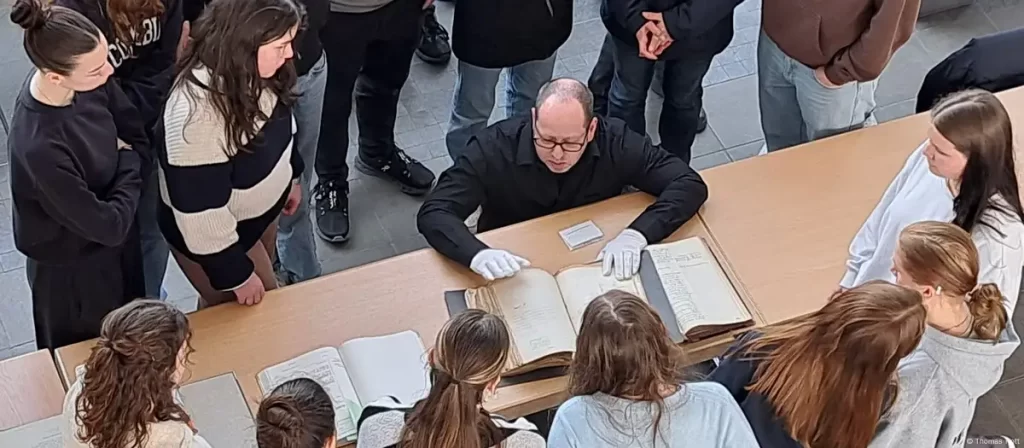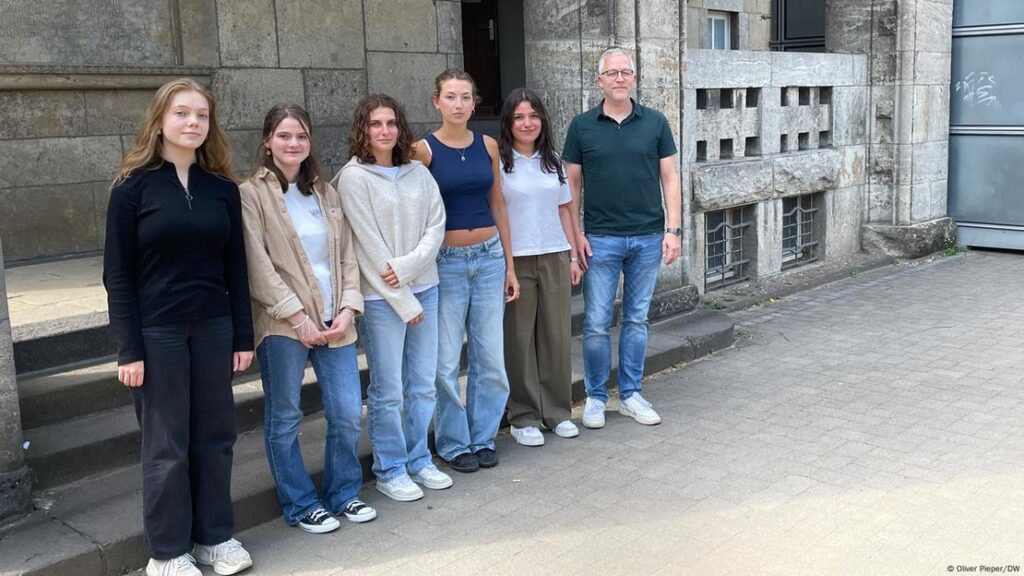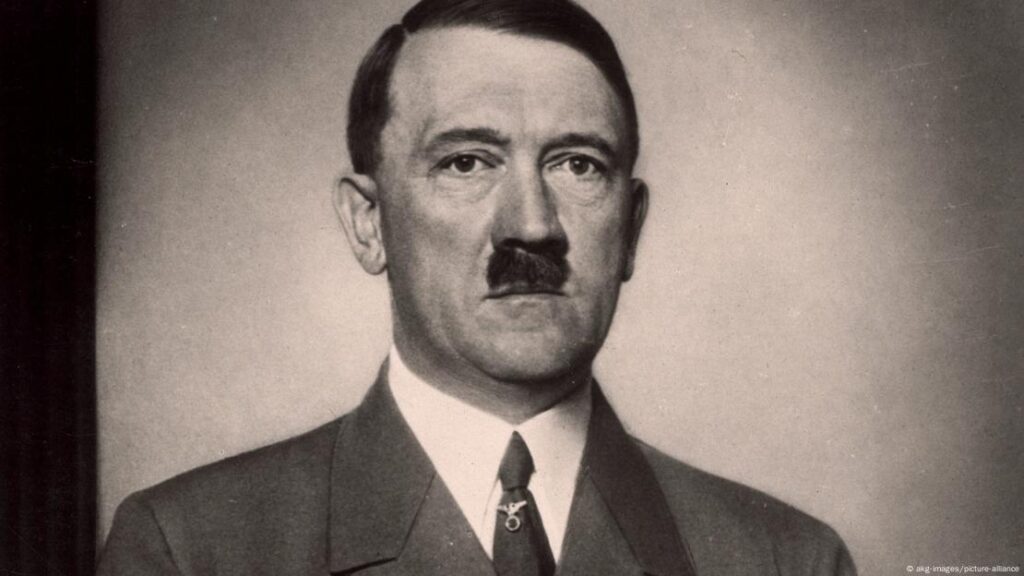A group of 10th-grade students from the Seven Mountains High School in Bad Honnef, Germany, has initiated a campaign to officially revoke Adolf Hitler’s honorary citizenship from their town, sparking a broader conversation about historical reckoning and civic engagement.

The initiative began during a history lesson when the class, inspired by their teacher Thomas Rott, decided to take action against the town’s lingering connection to the Nazi dictator. Five students – Kathi, Lilly, Ronja, Mia, and Selin – spearheaded the effort, reaching out directly to the mayor via email.
“We live in this town, so, of course, its history also concerns us,” the students said in a statement. “And then we asked ourselves whether we could use our influence today to change anything about history and Hitler’s honorary citizenship.”
Their efforts culminated in a petition that garnered 1,363 signatures, representing 5% of Bad Honnef’s 25,000 residents – the threshold required for the city council to vote on the initiative. The students’ campaign involved extensive door-to-door canvassing and public education efforts.

Bad Honnef, a town near Bonn in western Germany, granted Hitler honorary citizenship on April 5, 1933, just one month after the Nazi party’s victory in the Reichstag elections. It was among the first of 4,000 German municipalities to bestow this honor on Hitler by 1934.
While Hitler’s honorary citizenship technically expired with his suicide on April 30, 1945, Bad Honnef has never officially revoked it. Mayor Otto Neuhoff expressed pride in the students’ initiative, praising their civic engagement.
“We are proud of the pupils, it’s a great initiative,” Neuhoff said. “They have also learned that change through participation is possible in politics.”
Historian Thomas Schlemmer from the Institute of Contemporary History Munich-Berlin contextualized this effort within Germany’s broader historical reckoning. He noted that the country’s confrontation with its Nazi past has occurred in waves, with the first immediately following World War II and another significant push beginning in 1979 with the broadcast of the US series “Holocaust.”

Schlemmer emphasized the symbolic importance of Bad Honnef’s potential action, viewing it as part of an ongoing process throughout Germany to address its historical legacy.
The students’ initiative comes at a time of increasing concern about right-wing extremism, particularly on social media. “If someone had told us a year ago that we could achieve something so big as a small school class, we wouldn’t have believed it,” the students remarked. “But more and more right-wing extremists are on the move, especially on social media, and we have to fight against that.”
As Bad Honnef prepares to vote on this issue, the students’ campaign has already succeeded in raising awareness and encouraging civic participation, demonstrating the power of youth engagement in addressing historical wrongs and shaping community values.
Source: dw.com



